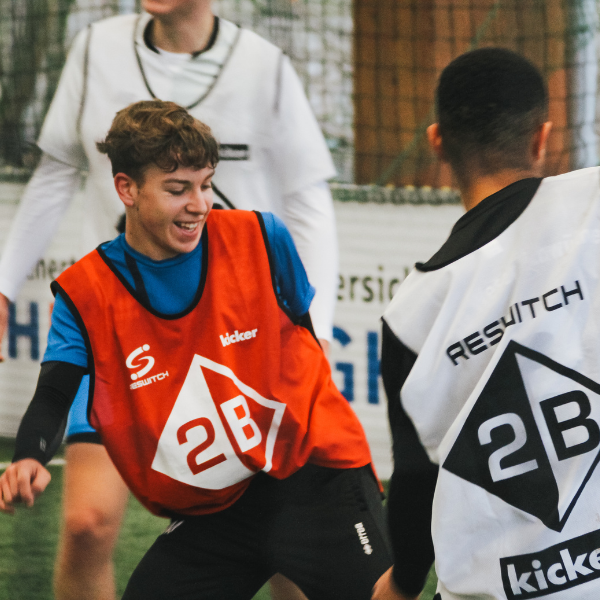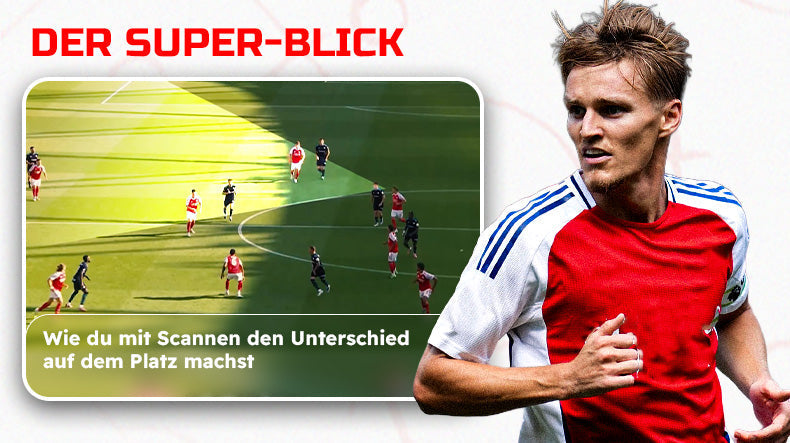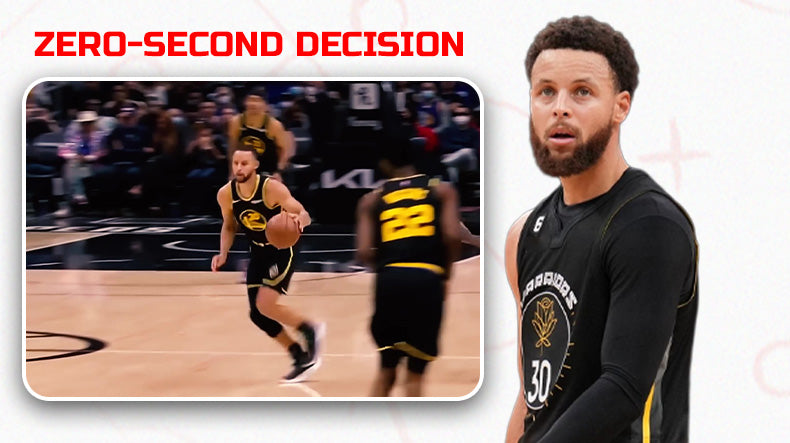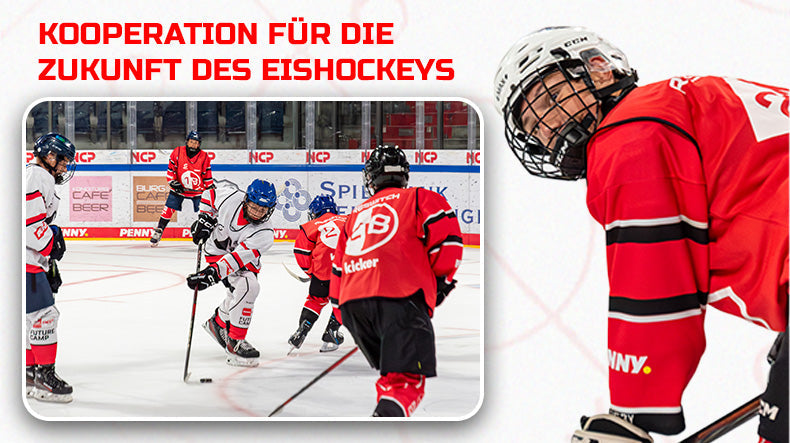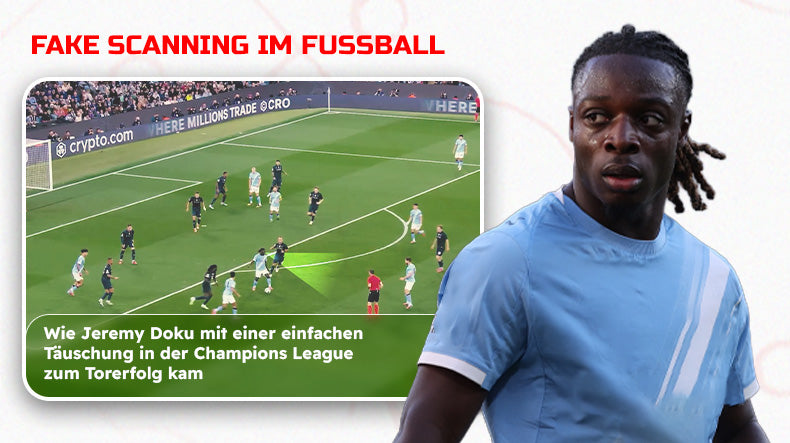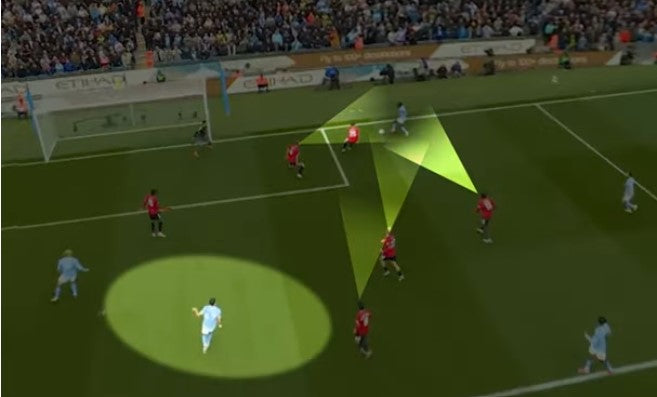Do players develop better without a coach than with a coach?

This question is provocative, almost impertinent.
How can players without a coach develop better than players with a coach? Besides, we train so well that the players automatically learn something and get better, don't we?
We came across a study from the school sector that led us to this question. Prof. Sugata Mitra (Professor of Educational Technology at the School of Education, Communication and Language Sciences) from the University of Newcastle investigated how far learning can go without a teacher and whether children can learn the basics of the school subject of molecular biology simply through self-organized learning with a computer and without external help.
For this purpose, a computer with a learning program on molecular biology was installed in the market place in the Indian slum of Karnataka. The children were given a short introduction in which the experiment leader told them about "interesting results" that could be achieved with the help of the computer. The children of the village then independently got to grips with the computer and went in search of the "interesting results" in the learning program.
After 75 days, the first results of this study were presented. The test group, which consisted of 34 of around 100 children in this village, delivered an incredible result. In a multiple-choice test, the test group far exceeded the level of students of the same age at a neighboring village school where molecular biology is taught. They also reached the level of children at least two years older than them at a rural school where the subject has been taught for a longer period.
Prof. Mitra then immediately pursued another question: What role do adults play as "friendly mediators" in the children's learning process? To do this, he brought in a person who was not the students' teacher and had no specialist knowledge of the subject for a further 75 days. The task of the "friendly mediator" was to ask important and motivating questions, then step back and limit himself to encouraging and praising the children for their results:
“Why do we breathe and what happens to the air we breathe?”
“How did you find that out?”
“I wish I could do what you can. ”
At the end of the second phase, Prof. Mitra was able to present the following result: The students in the test group have achieved a level of performance that corresponds to students of the same age at a well-equipped private urban school and far exceeds the level of students who are at least two years older in the neighboring village where the subject is taught.
What does this mean for us trainers?
In the past, players were able to develop freely when playing football without anyone shouting and demanding that they do certain things. Through successes and failures, players were able to quickly determine which actions worked and which didn't. Self-experimentation, failure and victories have created a wide range of experiences.
Today, we coaches give players less and less freedom to develop their own behavior patterns and demand that we develop solutions ourselves. In the future, we coaches must give our players more freedom to develop the football field mentality and individuality of the future generation of players that many are demanding.
This does not mean that you can attend the training without paying any fees. Quite the opposite:
If you have a clear idea of “your” football game, you can use open questions to get your players to reflect, question their solutions and develop new ideas.
“Why did you choose this pass and not dribble?”
“What would have been another solution?”
“How exactly did you do that?”
As a coach, you are then the mediator with a clear goal of guiding your players in a certain direction without telling them what to do! When they come up with new ideas, it increases their curiosity to try things out. Now, too, they can start experiments on themselves, try out what leads to success and what leads to failure. In this way, you bring back the football field mentality to some extent and your players can develop freely.
To return to the initial question: Do players develop better without a coach?
The answer to this question is highly individual and depends on you as a coach. I wish that every player had a coach who does not put himself and his desire for stringent knowledge transfer, recognition and success first, but rather the long-term development of his players. I believe that we coaches need to be trained much better in communicating with players! Because through the right communication we can convey our game philosophy without dictating it. Interesting questions that make you think, self-experiments, joint reflection, "independently" developed solutions and praise. These are the things that are needed to spark curiosity about football. If they don't get that from you as a coach, "playing" with friends might be the better alternative.
Therefore, the crucial question is: Would your players develop better without you?
Sources: Mitra, Sugata, and Ritu Dangwal. “Limits to Self-organizing Systems of Learning—the Kalikuppam Experiment.” British Journal of Educational Technology 41, No. 5 (2010): 672–688. doi:10.1111/j.1467-8535.2010.01077.x
Author: Tammo Neubauer




